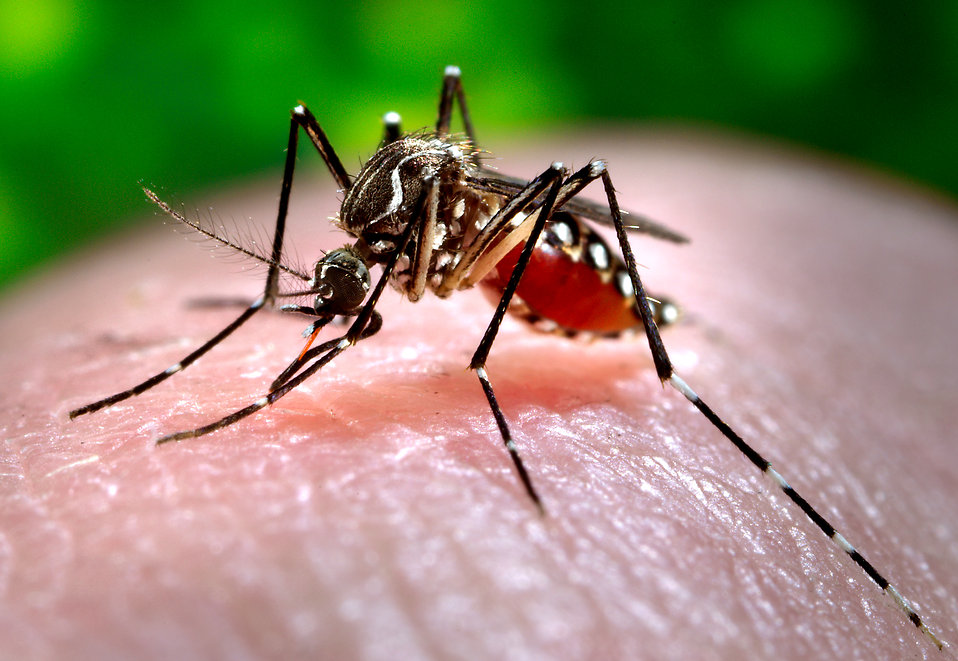The growing city of Kochi has had to deal with the issue of mosquito menace since any Kochite can remember. We, Kochites have had to deal with it on a daily basis and are very well aware of most factors and topics concerning this issue. We know what causes mosquito menace as well as methods to prevent it at home. We have been very well educated and informed about this issue as it has been discussed debated on various media including television and print.
These discussions and debates have been going on forever with no innovative or novel methods being implemented or executed by the Kochi Corporation or government authorities- past or present, irrespective of political affiliation. We need not also discuss Dengue, Chikungunya, Malaria and other vector borne diseases because we are “educated” malayalis.
As per Times of India report
- “In 2019, the number of dengue cases spiked to 423 from 177 in 2018”
- “Chikungunya, another disease transmitted by mosquitos, which was not reported in 2017 and 2018 in the district, resurfaced in 2019. “
- “74 cases of Malaria were reported in 2019”
Kochi Corporation’s standing committee chairperson (health) Pratibha Ansari was brazen enough to shift the blame of mosquito menace onto the people Koch without accepting the fact that all their measures for vector control have been poorly executed and is a failure. In her view
“We are taking all possible precautions. But people are still very careless. We found that most of the mosquito-breeding sources are not outside the house but inside, inside the house, mosquitos breed in flower pots as well as in water accumulated from AC and fridge.”
Yes, breeding of mosquitos within household premises is a fact that cannot be ignored. However, It’s time for us to question methods and measures implemented by Kochi Corporation to tackle the mosquito menace and what stops them from implementing new methods in tackling the same.
Research on mosquito control strategies tells us that:
“Vector-control strategies in the last century were based on chemical agents such as dichloro-diphenyl-trichloroethane (DDT). Although insecticides have been successfully used to control mosquitos of the genera Aedes and Anopheles, current ecological and environmental protection standards do not allow such approaches because of the adverse effects of many insecticides on non-target species, including humans, their environmental impact, the contamination of soil and water and the development of selective processes and subsequent mosquito resistance to insecticides”
The civic body had invested in “high-tech” fogging machines as well as hand-held sprayers at a cost of Rs. 1 lakh per fogging machine and Rs. 30,000 per small sprayer. But these machines were proven to be ineffective in eradication of mosquitos. In addition to that we have little information in the public domain about the chemicals used as well as the associated health risks of using these chemicals. It’s time to demote outdated methods, including “fogging” which Kochi Corporation heavily relies upon due to lack of new ideas or sound scientific advice.
Kochi Corporation has to implement new strategies to replace these techniques with an Integrated Pest Management methodology, in which insecticides should be used only as a last resort in epidemics.
“Integrated Pest Management guidelines are based on environmental planning, public awareness and biological control and seek to control the mosquito population more efficiently while preserving the environment from contamination”
The Gates Foundation has been at the forefront of vector control research. They are experimenting with:
- Genome Editing which could render a small number of key mosquito species infertile or unable to carry the malaria parasite.
- Attractive Targeted Sugar Baits: These calendar-sized traps hang on the outside of homes and contain a minimum risk toxin that kills more than 95 percent of the mosquitos that flock to their sweet scent without affecting pollinators. Trials are underway in Mali.

The National Vector Borne Diseases Control Programme (NVBDCP) under Ministry of Health and Family Welfare, Government of India is the nodal agency for implementation of activities for prevention and control of Vector Borne Diseases in India. As per their recommendation for implementation of programme activities, every state has to have a Vector Borne Disease Control Unit headed by a State Programme Officer, who is supported by district level officers. I could not find any information with respect to this in the state of Kerala.
An article from The News Minute dating back to 2017 quotes VK Minomol, the then chairperson of the Corporation Health Standing Committee gives us an idea as to how much Kochi Corporation spends on mosquito menace.
“Almost Rs 3 crore was spent by the Kochi Corporation every year to tackle the mosquito menace, over the last few decades. We spend about Rs 50 lakh on the chemicals to kill the mosquitos every year. We spray each house, each canal… Apart from this, a good amount of money is spent on cleaning up the canals every year, ahead of the monsoon”
Yet, in spite of spending crores on tackling mosquito menace, Kochi Corporation has failed in its results and outcome.
It is very clearly evident that Kochi Corporation has no clarity or long term plan for vector control. We need a scientific and technical committee to explore and execute new methods which can have long term results. For this it is recommended that Kochi Corporation associate with NGOs including organisations such as the Gates Foundation to arrive at a solution where our funds are efficiently utilized and bears positive results.


Leave a Reply